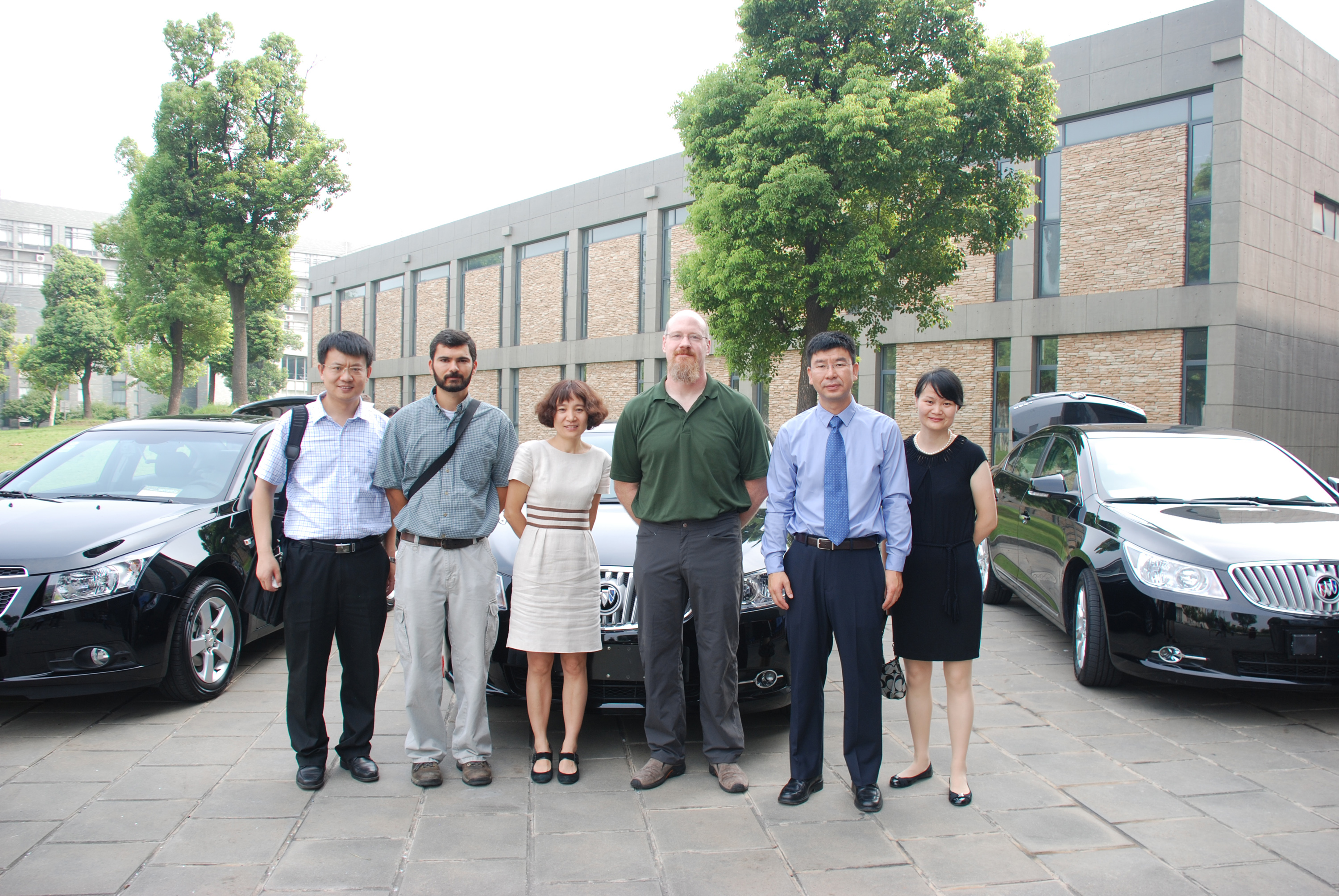Naturalistic study used in China to examine causes of accidents

The Virginia Tech Transportation Institute and its research partners are transitioning lessons learned about conducting naturalistic driving research to China.
Tongji University of Shanghai, General Motors, and the Virginia Tech Transportation Institute will join to study driving in Shanghai, one of the largest cities in China, populated by 20 million people and two million cars. The project is the first study outside of the U.S. to use the NextGen data acquisition system developed by the transportation institute to collect vehicle, traffic, and driver behavior data.
In the past few decades, China has grown to the world’s largest automobile market in production and sales. At the same time, the traffic accident and fatality rate in China is substantially higher than the U.S. and other industrial counties.
Results from Virginia Tech Transportation Institute's previous naturalistic driving studies have had significant impacts on public policy and vehicle design.
"Naturalistic driving is the best method to truly understand the interaction between the driver and the driving environment in the 'real world' ultimately leading to countermeasures that will improve safety," said Jon Hankey, director of the Center for Automotive Safety Research at the transportation institute and co-principal investigator of the project in Shanghai.
NextGen is being used to collect data from 2,000 vehicles across the U.S. in the Strategic Highway Research Program 2. The project will recruit 90 participants to drive five General Motors vehicles instrumented with the NextGen system over a three-year study period.
"This project provides a unique opportunity to provide crucial information on the traffic flow characteristics and driver behaviors in one of China's major cities, and an opportunity to compare driving behavior and traffic conditions internationally," said the project's principal investigator Feng Guo, an assistant professor of statistics in the College of Science at Virginia Tech and Virginia Tech Transportation Institute.

Naturalistic Driving Study in China
Xuesong Wang, associate professor in the School of Transportation Engineering at Tongji University; Carl Cospel, data acquisition group leader at the Virginia Tech Transportation Institute; Bing Deng, technical expert on vehicle safety at General Motors Co. China; Andy Peterson, director of the Center for Technology Development at the Virginia Tech Transportation Institute; Feng Guo, assistant professor of statistics with the transportation institute; and Lanfang Zhang, associate professor with the Key Laboratory of Road and Traffic Engineering at Tongji, are shown here with instrumented vehicles that will be used in the naturalistic driving study in China. David Lake, GM China director of public policy; Fang, Shouen, vice president of Tongji University; and Sun, Lijun, dean of the School of Transportation Engineering, also attended the ceremony announcing the Tongji University, GM, and Virginia Tech Transportation Institute collaboration.






